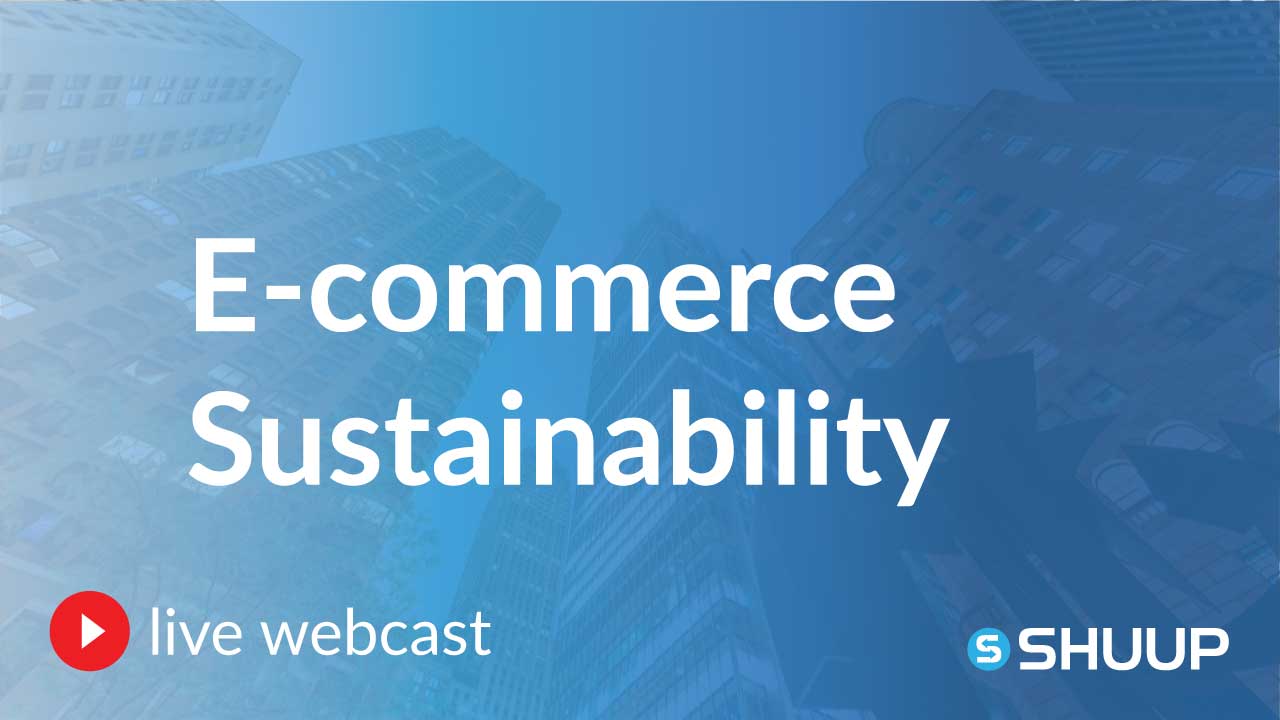Managing Different Types of E-commerce Marketplaces and Merchants of Record
In this webcast, Wes Garlock, Shuup’s Head of Sales, discusses the aspects within the different types of e-commerce marketplaces. Wes speaks to the different business models as well as the types merchant of record, marketplace management, pricing options, charge methods, and marketplace customizations.
The Basic Differences Between E-commerce Marketplaces
To set a firm foundation for our viewers, Wes describes the differences between an e-commerce marketplace and an e-commerce website. Wes identified the number of parties involved to be the most significant difference. Marketplace are a little more involved and usually have 3 parties: the vendor, the customer, and the admin whereas a website is usually just the seller and their customer.
Going even further, Wes gave a brief overview on the different business models (eg. B2B, B2C, C2C) used within marketplaces and identified what the admin, vendor, and customer may look like. Clients with Shuup are typically B2C, but the multi-vendor place marketplace platform could be applicable to all types of business models.
To learn more about how Shuup can help you elevate your business, request a demo today!
Merchant of Record & Charge Methods
A merchant of record (MoR) is the person who is authorized to process consumer credit and debit card purchases on behalf of the business. The MoR assumes all liability concerning the payment processing and is responsible for staying in compliance with tax laws and preventing fraud.
The MoR can either be the admin or a non-admin vendor. If an admin is an MoR, a marketplace will typically be fully managed and use a simple charge method. If the MoR is a non-admin vendor, the marketplace is typically semi-managed or not managed and will use a direct charge method. Wes speaks later on about how pricing methods (e.g. commission, subscription, and listing) may play into each of these e-commerce marketplaces.
E-commerce Marketplaces Management & Customization
There are 3 types of marketplaces management: not managed, semi-managed, and fully managed. Wes goes into detail with what each of these marketplaces entails and speaks to many real-world examples of this.
Additionally, Wes identifies 3 types of marketplace customization categories: non-custom, semi-custom, and fully custom. Simply speaking, non-custom is a basic out-of-the-box solution (OTBS), semi-custom is the OTBS with some additional custom functionalities, and fully custom would be taking the original OTBS and completely customizing it’s functionalities. Wes notes that, Shuup is able to do it all and is happy to work with their clients to create their dream marketplace!
For more details on marketplace customizations, speak to a Shuup expert today!




